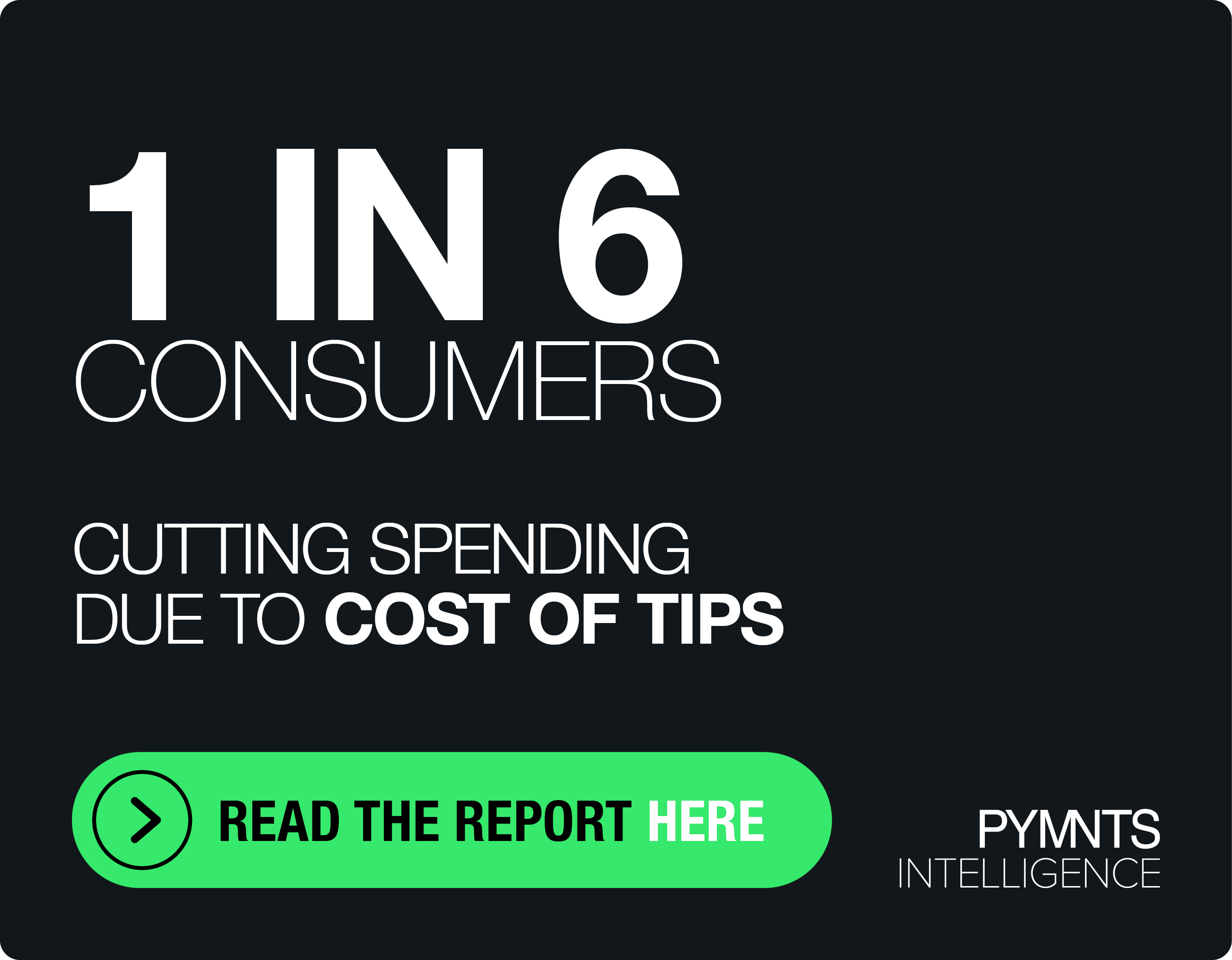Mastercard: eCommerce Spend Up $900 Billion In 2020

In 2020, eCommerce spending increased by $900 billion, according to Mastercard’s newest Recovery Insights report, Recovery Insights: Commerce E-volution, published today (April 6).
Online shopping acted as a “lifeline” for small and large businesses, restaurants and retailers as the COVID-19 pandemic interrupted — and halted — normal consumer spending habits.
The report, emailed to PYMNTS, said that “in 2020, eCommerce made up roughly $1 out of every $5 spent on retail, up from about $1 out of every $7 spent in 2019.”
The digital shift has not been universal or consistent, the report noted, due to household, economic and geographical differences, but 20 to 30 percent of it, nevertheless, will become permanent. The shift becomes even more permanent in essential retail sectors: Grocery eCommerce could see 70 to 80 percent remain post-pandemic. And while it hasn’t been universal, it is a connected digital shift, PYMNTS has reported, moving in every market, to some degree, dependent on the infrastructure.
“While consumers were stuck at home, their dollars traveled far and wide, thanks to eCommerce,” said Bricklin Dwyer, Mastercard chief economist and head of the Mastercard Economics Institute, in the report’s press release. “This has significant implications, with the countries and companies that have prioritized digital continuing to reap the benefits. Our analysis shows that even the smallest businesses see gains when they shift to digital.”
North America, Europe and Asia Pacific — within which are economies that were more digital before the pandemic — experienced the strongest eCommerce adoption.
The shift to digital has also increased customer choice, opening the average customer up to international, as well as local, stores in a new way. Consumers are shopping at up to 30 percent more online retailers and marketplaces than before, and international eCommerce has risen 25 to 30 percent between March 2020 and February 2021. And vaccine availability may as well seal the deal, PYMNTS noted.
The Mastercard Economics Institute based its findings on aggregated global sales activity, made anonymous, from the Mastercard network, and determined additional retail eCommerce spending based on trend deviations.
The Recovery Insights initiative was launched last year to help businesses and governments assess the various risks introduced by the global pandemic using Mastercard’s analytics and experimentation platforms.
